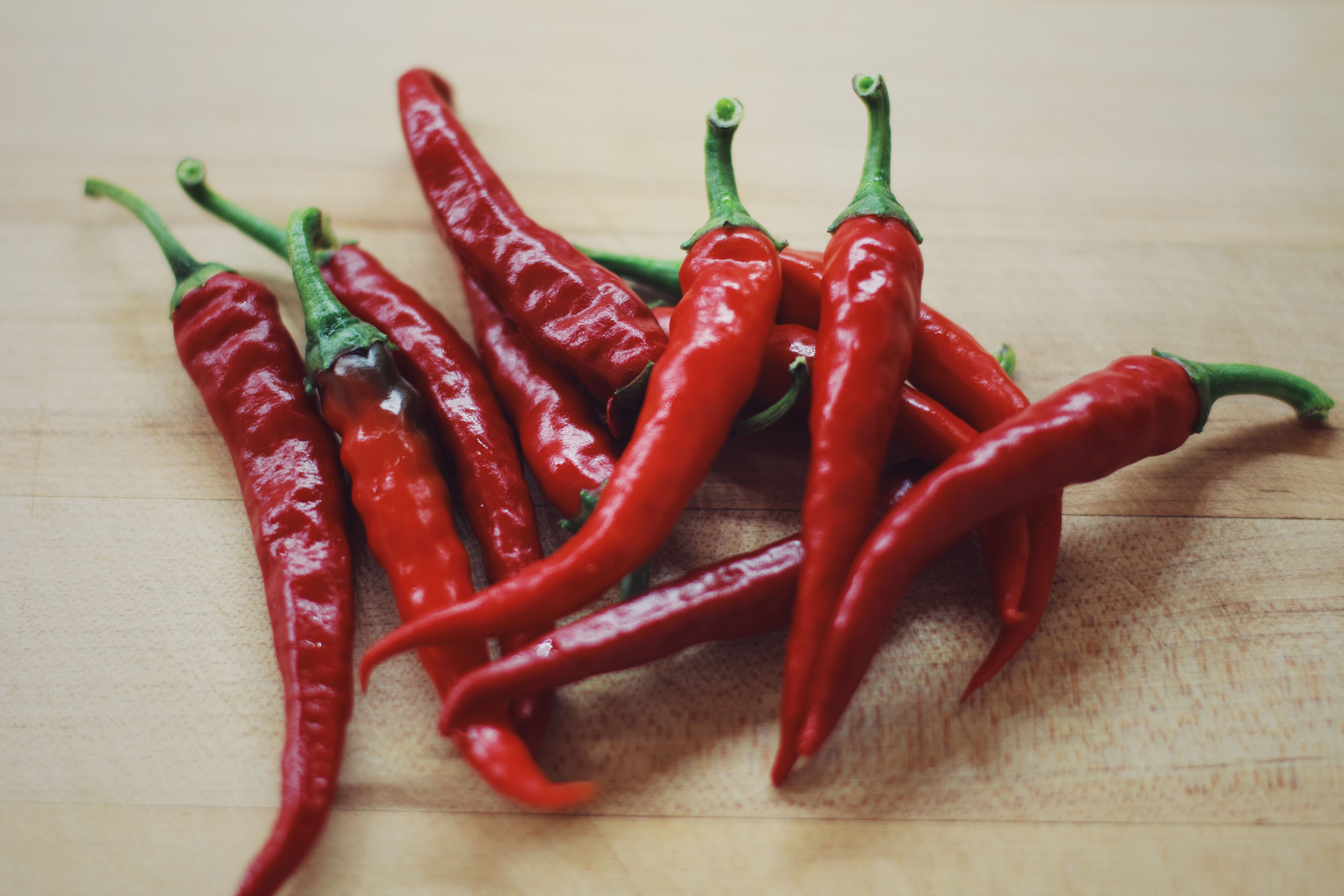For starters, general advice: It's best to eat often and a little at a time. The diet that nutritionists and Hollywood stars vied with each other to praise does work.
The fact is that the body continuously burns calories, even when you're lying on the couch in the arms of your laptop, because your internal organs also need energy to work. This includes energy for digestion. So the more often you eat, the more active your metabolism is.
Conversely, if you eat rarely and in large portions, your metabolism slows down during long breaks between meals. The optimal regimen is to eat every three to four hours, alternating small portions of main meals and healthy snacks.
Nuts
A great option for a healthy snack is nuts. They have a perfectly balanced amount of "good" fats, proteins and carbohydrates, they contain minerals, vitamin E and other extremely important and necessary substances. Also nuts reduce the risk of heart disease, type 2 diabetes and metabolic syndrome, have an anti-inflammatory effect. And besides, they're great for satiety, which means you eat less during your main meals.
Studies suggest that nuts, particularly almonds, despite being relatively high in calories (about 180 kcal per 30g serving), lower blood sugar levels and help you lose weight.
For example, in one such study, 108 overweight or obese women were divided into two groups. All participants were prescribed a balanced, low-calorie diet, but one group's diet included almonds, while the other did not. The study was conducted over a three-month period. The results showed that a diet that included 50 g of almonds a day resulted in more significant weight loss than a diet without nuts.
Chili peppers
According to several studies, the substance capsaicin, found in red hot peppers such as chili peppers, reduces appetite and promotes more active fat oxidation, a process in which fats are broken down into fatty acids and then converted into energy.
Unfortunately, when peppers become part of the daily diet, the effects of capsaicin gradually wear off. Also, long-term consumption of chili may not be good for your stomach. But if you've recently lost weight but are not in the habit of eating spicy foods, you can explore recipes with hot peppers: they can help you hold on to your new weight.

Olive oil
Oddly enough, despite its high fat content and high calorie content, olive oil helps to lose weight. Apparently, it is mainly due to oleic acid, a monounsaturated fatty acid belonging to the omega-9 group. Olive oil is one of the richest vegetable sources of omega-9.
Oleic acid, unlike the polyunsaturated fatty acids omega-3 and omega-6, is not essential and can be synthesized by the body, but this fact does not make it less useful. Omega-9 lowers blood pressure, protects cells from free radicals, serves as building material for the myelin sheath of nerve fibers and can prevent the development of type 2 diabetes. And in addition, according to the study, oleic acid promotes more active fat burning by increasing the expression of the genes responsible for the oxidation of fat.
By the way, linoleic acid (omega-6), which is also contained in olive oil, also helps lose weight - this is the conclusion of scientists from Wisconsin, analyzing a number of relevant studies.
Vinegar
Vinegar not only makes salads taste brighter, it also helps you lose weight. For example, the results of studies by Italian and Swedish scientists have shown that acetic acid significantly reduces the glycemic index of foods high in carbohydrates and, accordingly, blood sugar levels, thereby reducing the harmful effects of simple carbohydrates.
And a group of Japanese scientists found that consuming acetic acid significantly reduces total weight and visceral (internal) fat, lowers the body mass index and reduces the waistline. Clearly, if you have gastrointestinal problems, you should consult your doctor before buying a bottle of balsamic vinegar.
Green tea
The benefits of green tea have been talked about for a long time and a lot. Here's an additional reason to prefer it over other hot drinks: green tea helps you lose weight. That was the conclusion reached, for example, by the authors of one study, who gave green tea to type 2 diabetic patients over a period of two months. The results showed that four cups of green tea a day helped to significantly reduce body weight and waist size, as well as lowering systolic blood pressure.
Dutch scientists, who analyzed a number of studies on the subject, confirm: catechins contained in green tea help lose weight and keep it off.
Whole grains
Whole grains are firmly on the top list of health advocates for a reason: unlike refined grains without shells and kernels, whole grains are a rich source of fiber and other important nutrients like magnesium, potassium and selenium.
There is a growing body of evidence that whole grains help prevent a host of health problems, including cardiovascular disease, type 2 diabetes and metabolic syndrome. And a recent study published in the American Journal of Clinical Nutrition found that eating whole grain products speeds up your basal metabolism, which means it increases the number of calories your body burns at rest.
The authors of another study came to even more vivid conclusions: they divided 50 overweight people into two groups. All participants were prescribed a diet for weight loss, but in one group the diet included whole grains, and in the other, refined grain products. The results showed that both groups lost a lot of weight, but the "whole-grain" group also had better health indicators, and the percentage of abdominal fat was much lower than in the refined-grain group.



You must be logged in to post a comment.